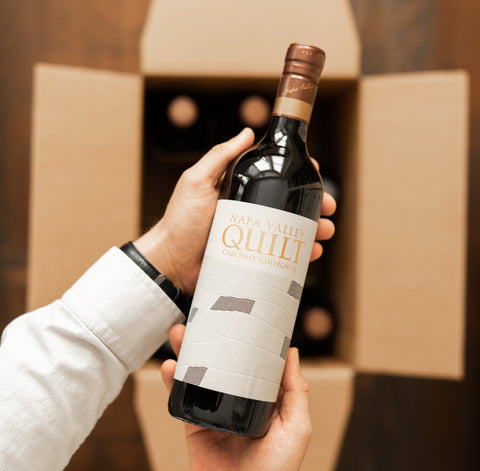The recent implementation of tariffs on imported wines has sent ripples through the U.S. wine industry, impacting everyone from importers and distributors to retailers and consumers. Just two days after the White House's 'Liberation Day' announcement regarding the tariffs, I learned that distributors were already raising prices on containers at sea by 10%, regardless of whether they arrived before the April 9th tariff inception date. Interestingly, on the same day, a customer asked if we would be absorbing the price hikes resulting from these tariffs. I responded that doing so would be impossible if we wished to remain in business. The online wine trade already operates on very low margins, so while we will be conservative about price increases, they are inevitable for virtually all imported wines.
Wine producers, importers, distributors, and retailers like me face significant challenges in managing increased costs and adjusting their pricing strategies. The tariffs create uncertainty in the market, making it difficult to predict future sales and plan inventory. As such, we have been loading up on Champagne before the tariffs take effect. Champagne has been a hot category for us, and we want to be able to offer competitive pricing to our customers for as long as possible.
This uncertainty will undoubtedly lead to a reduction in the diversity of wines available to U.S. consumers. I will probably not take a chance on already pricey Bordeauxs that hit land and then are levied with a 20% tariff, making the wine impossible to sell. The category has been struggling to stay relevant in this soft wine market, hurt by the drinking habits of Millennials and Gen Z. Luckily, when I first got into this business, I had the fortune of meeting a seasoned wine importer who told me to make sure you become a wine seller and not a collector. Thanks to this sage advice, we are very discerning about what we buy and listen closely to our customers to know what they want, to avoid the dreadful title of collector.
As the price of imported wines increases, consumers may explore domestic alternatives. In practical terms, this means less Banfi will be sold and more Mondavi will be bought. Thus, American wineries could benefit, but it also raises concerns about the long-term impact on the demand for imported wines. The change in demand could also affect the demand for products used in the wine industry, such as imported oak barrels and other winemaking tools.
Let's not be all doom and gloom, though, because the long-term effects of these tariffs on the wine industry remain to be seen. Industry stakeholders are closely monitoring the situation and adapting their strategies to mitigate the impact. Consumers, meanwhile, may need to adjust their budgets and explore new wine options. If you need a domestic recommendation, I just tasted an amazing wine from Oregon the other day: Cristom Mt. Jefferson Pinot Noir. We do not sell it yet, to deflect any accusations of bias, but we will. Go Ducks, and let's hope the trade war ends very soon so we can keep the Champagne flowing at affordable prices.




코멘트 (0)
이 기사에는 댓글이 없습니다. 가장 먼저 메시지를 남겨보세요!